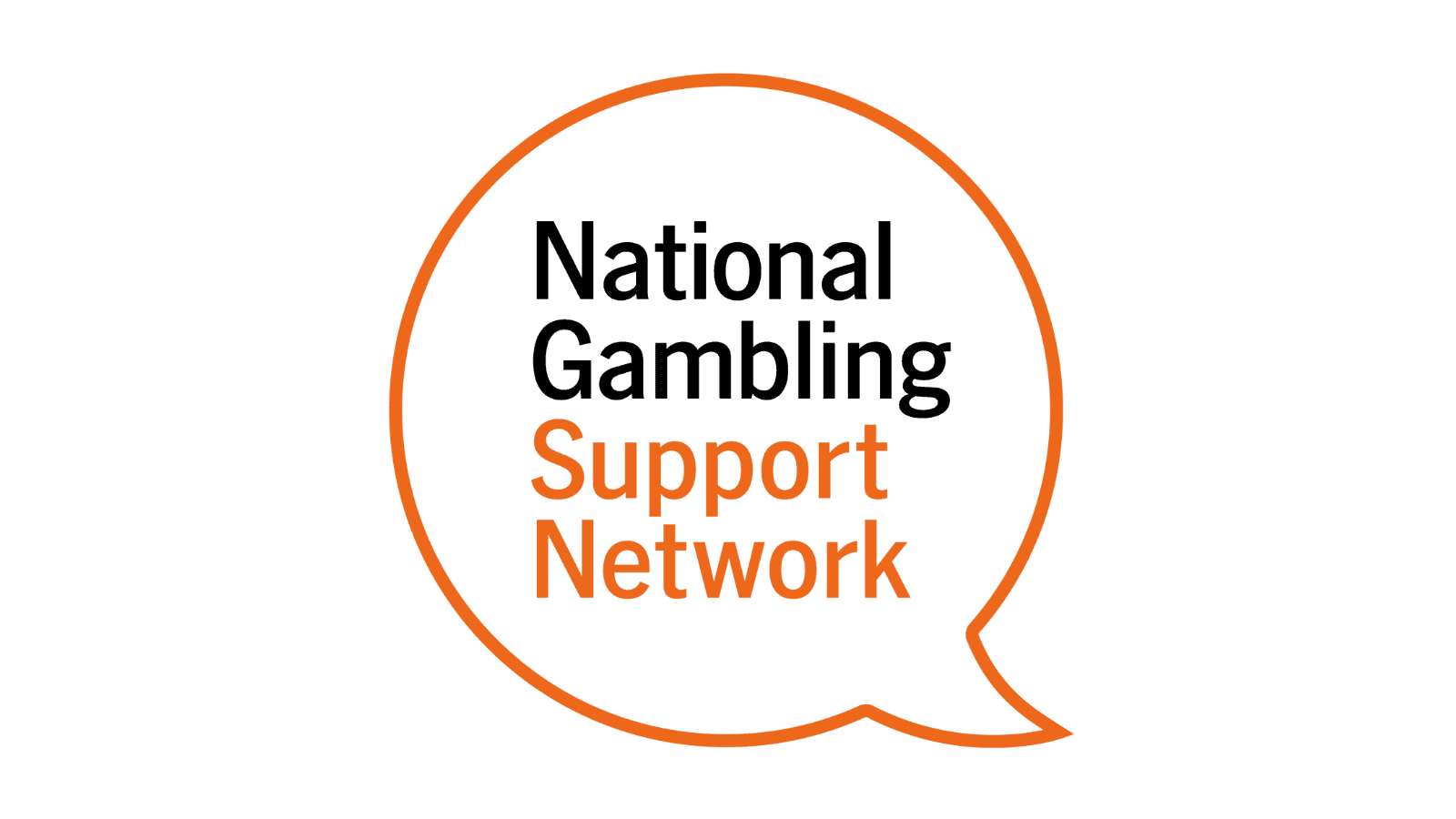Thousands supported and short waiting times highlighted on one year anniversary of the National Gambling Support Network
Topics

People seeking support for issues with gambling were offered a treatment session with a trained professional in three and a half days on average between October and December 2023, according to new figures from the GambleAware commissioned National Gambling Support Network.
The data also shows that organisations within the Network, who are highlighting the free support that is available ahead of this weekend’s Grand National, contacted those seeking treatment in just 1.3 days on average in the last three months of 2023.
New data from the National Gambling Helpline also shows that there were more calls and online chats made in January 2024 than any previous month on record – the sixth time the record has broken since the beginning of 2023 – with 4,816 calls and online chats made across the month.
Additional data from the National Gambling Helpline, reveals that over 28,000 (28,175) people have been supported via brief interventions – conversations of 20 minutes or more – since April 2023.
The GambleAware commissioned National Gambling Support Network comprises 11 different organisations across Great Britain. Services within the Network offer a seamless experience for people using them locally, regionally and nationally. It offers a range of support for people experiencing harm from gambling – whether their own or someone else’s – including residential treatment, one-to-one support and cognitive behavioural therapy, amongst others.
The service was recommissioned in April 2023, and was expanded to include additional services for people across Britain including peer-to-peer support, support with recognising gambling harms among GPs, as well as other concerns linked to gambling, such as debt advice and financial support.
Additionally, a recent YouGov survey** of over 5,000 UK participants, reveals that people are to choose weekly support sessions with a trained professional as an effective way to reduce gambling harms. Out of the alternative options, two-thirds (66%) of people believe that sessions with trained professionals such as these would be an effective way to reduce harm caused by gambling. Six in 10 (59%) also said that tools to block access to gambling websites would be an effective way to control their gambling, and 58% chose speaking to a family member.***
David Quinti, who was supported by organisations within the National Gambling Support Network, commented:
“Having accessed support through Beacon Counselling Trust years ago myself, I know the positive impact these services can have in rebuilding people’s lives after experiencing gambling harm. Talking to a professional each week about what I was experiencing was an enormous step to help understand my relationship with gambling and, ultimately, help me recover from it. I would urge anyone who may be struggling with gambling to reach out.”
Anna Hargrave, Chief Commissioning Officer at GambleAware, comments:
“The GambleAware commissioned National Gambling Support Network is designed to prevent the escalation of harms associated with gambling. The Network provides people with easy access to treatment and support wherever they are across Great Britain. It is heartening to hear the positive impact the services have on people’s lives and the difference they make. These essential third sector providers play a vital role for people across the country, and we look forward to continuing to share this expertise and experience alongside the NHS under the new system once a levy is introduced.”
National Gambling Support Network is urging anyone who may be struggling with gambling to contact their local service for free, confidential, personalised help and support.
*Over 28,000 (28,175) people have been supported via brief interventions through the National Gambling Helpline since the NGSN was re-commissioned in April 2023. The data from the National Gambling Support Network, commissioned by GambleAware, also showed the number of people supported via Brief Interventions increased by 113% – from 1,597 in Q1 23/24 to 3,396 in Q3 23/24. Brief Interventions involve short-term strategies aimed at addressing gambling harms, which are typically for more moderate concerns.
**The survey was conducted online, using YouGov’s panel. 5,075 UK participants were surveyed between the 29th January -15th February 2024. The figures have been weighted and are representative of all participants (aged 16+) in the UK by age, gender, social grade, region and ethnicity.
*** People surveyed were asked how effective the following forms of support would be for reducing gambling harm: talking to a friend or family member (58%); tools that block access to gambling websites (59%); weekly sessions with a trained practitioner (66%); or self-help apps (29%).
Topics




